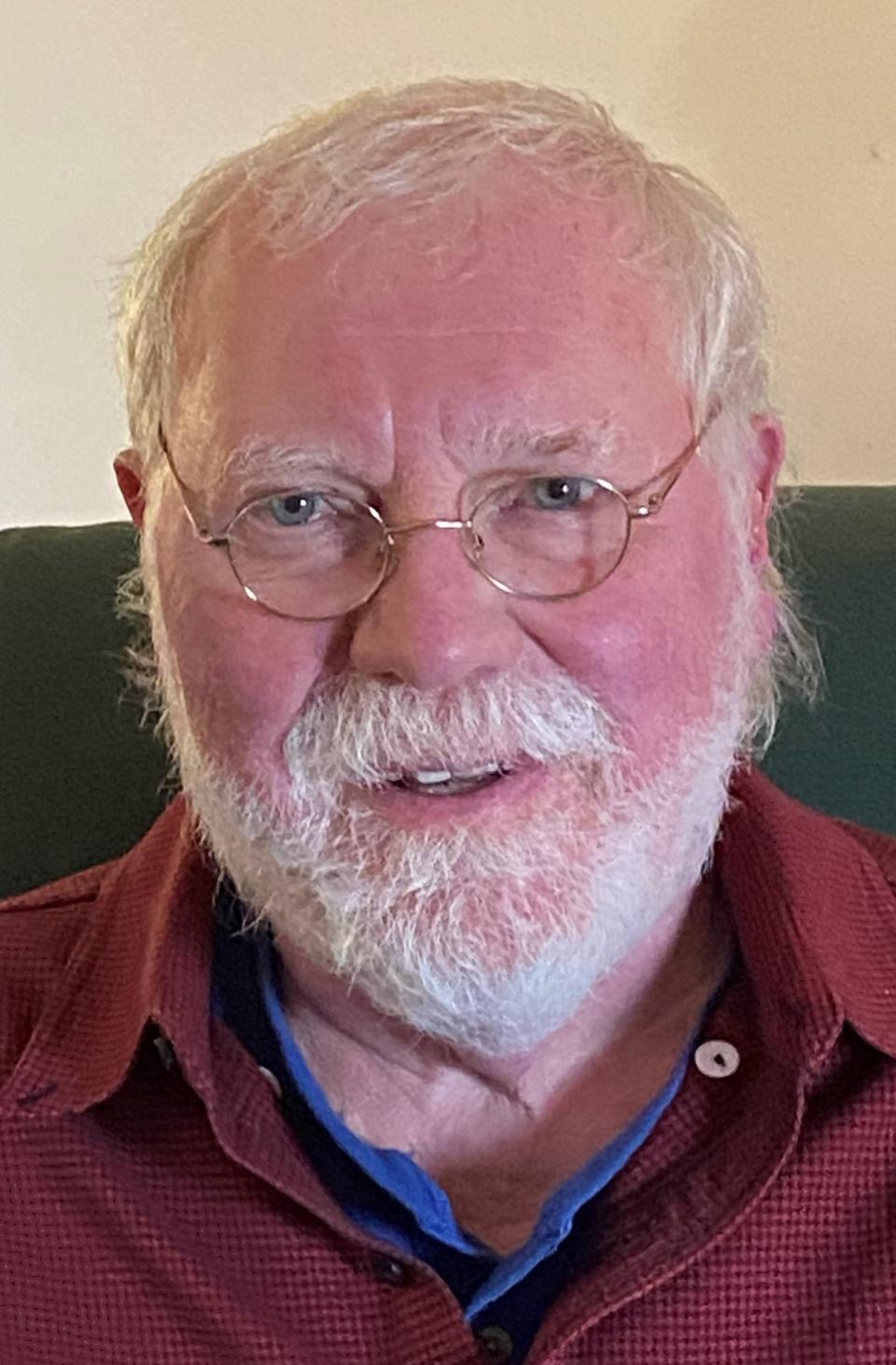Opinion: America's Founding Fathers risked all for nation's freedom of self-government
- Oops!Something went wrong.Please try again later.
We the People of the United States, in Order to form a more perfect Union, establish Justice, insure domestic Tranquility, provide for the common defense, promote the general Welfare, and secure the Blessings of Liberty to ourselves and our Posterity, do ordain and establish the Constitution for the United States of America.
This is the preamble to our Constitution. The Founding Fathers used the term posterity, which implies all future generations. Our founding fathers were thinking beyond the moment and were looking towards the future.
There are phrases and conditions inserted into the original document that made some at the convention on that hot 1787 Philadelphia summer uncomfortable but they accepted the necessity of these phrases and conditions as terms necessary for the adoption of the document.
Acknowledging that the document did not achieve perfection, the founders created a process for amending the document in order to address the posterity needs not addressed in the original document. The first 10 amendments, known as the Bill of Rights, were passed shortly after the adoption of the Constitution. The Constitution was adopted in 1789 and the Bill of Rights was ratified in 1791. Some of the amendments that followed accomplished the following:
Eliminating the practice of slavery, a practice affirmed in the original document.
Granting citizenship to all persons born or naturalized in the jurisdiction of the United States as well as the right to due process of law.
Expanding voting rights to men of color, to women, and to all citizens 18 years of age or older.
Counting the 10 amendments comprising the Bill of Rights, the Constitution has been amended 27 times. Many of these amendments either expanded or clarified the rights of the country’s citizenry. There have been approximately 11,000 amendments brought up for consideration.
In a recent email from Steady, a newsletter by Dan Rather, Mr. Rather tells us of a letter from Benjamin Franklin to a good friend in France, Jean-Baptiste Le Roy in 1789. 1789 was an important year for the French as it marked the initiation of their revolution and for the United States, it marked the year that the Constitution was ratified.
In that letter Franklin wrote, “Our new Constitution is now established, and has an appearance that promises permanency; but in this world nothing can be said to be certain, except death and taxes.” In other words, the governing concepts ratified by this nation’s citizenry was unique and Franklin was not absolutely certain that it could endure.
Franklin was concerned for good reason. The government put forth by the founding fathers was a government dependent upon choices made by the people. Thomas Jefferson explicitly stated that people making such monumental choices about the government under which they lived had the duty to be well informed and educated on the choice put before them.
Almost 75 years after ratification, Abraham Lincoln seemed to share Franklin’s pondering when he gave us his Gettysburg address which concluded with, “… that government of the people, by the people, for the people, shall not perish from the earth.” In reading biographies on Lincoln, it is not hard to imagine that this ending to the Gettysburg address was more of a question than a statement. At that time, he did not know if this union could survive the conflict initiated by the Confederate rebellion.
Franklin, Jefferson and Lincoln were defending the idea of self-government while at the same time placing the idea of self-government into the hands of the nation’s citizenry. However, their trust was somewhat dubious to say the least.
This is what we face today. These men risked all and, in Lincoln’s case, gave all, for us to have the freedom of self-government. They never said that we all must agree but placed their trust in the notion that we had the discipline and integrity to make our decisions through the ballot box.
It would take a great deal of stamina, intellect and confidence to engage in a conversation with Benjamin Franklin, Thomas Jefferson or Abraham Lincoln on the principles of government. These men gave us the benefit of their thoughts and actions to which we should heed with respect and appreciation.
More: Opinion: The Electoral College puts democratic principles at risk in states like NC
More: Opinion: Following truth-telling leaders like Jesus, Martin Luther King Jr. is necessary

Lee Sease lives in Burnsville. He is a former Superintendent of Schools in Middlebury, Vermont.
This article originally appeared on Asheville Citizen Times: America's Founding Fathers put a lot of trust in citizenry

